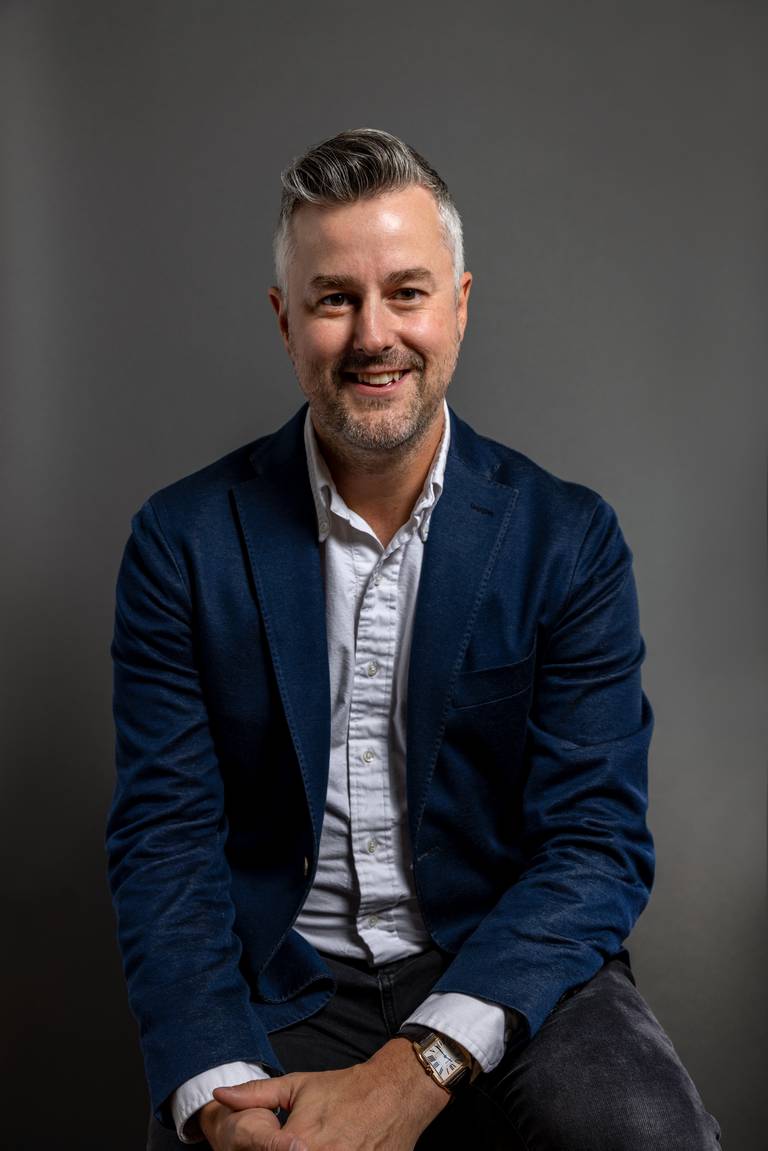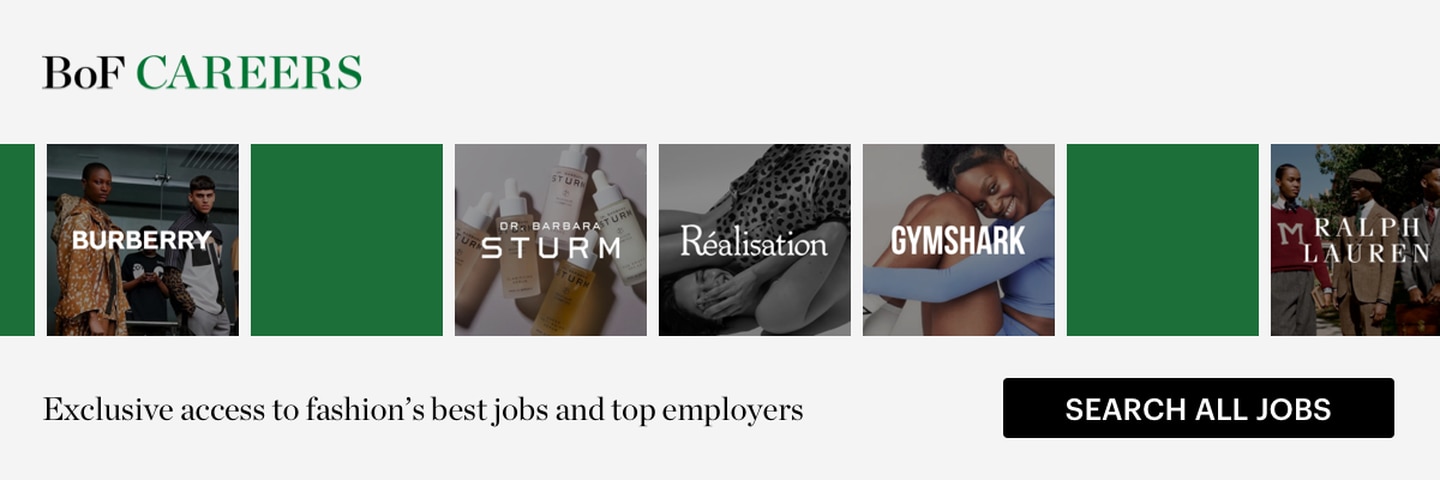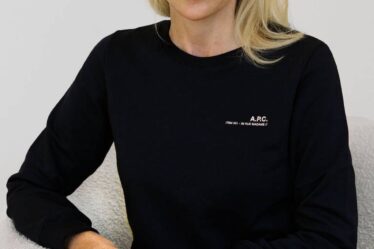
Discover over 900 job opportunities in fashion retail today on BoF Careers.
Jeffery Fowler, CEO of watch media company and retailer Hodinkee, first entered the luxury industry through a graduate role in a textiles and home furnishings company. He left to study an MBA at Insead before he became a consultant at Bain & Co., following “the allure of consulting and banking”.
However, consulting was not for him and chose to re-enter the luxury retail space by joining Louis Vuitton on the shop floor. Within a few years, he became Vuitton’s director of retail performance.
“[I was] inspired and motivated by this idea of being a general manager — someone who was able to dabble in a lot of areas of a business without necessarily having to pick a lane and pigeonholing myself effectively in that one function,” he told BoF. “I think retail, uniquely, in the earlier stages of your career, gives you an opportunity to do that.”
Fowler went on to become vice president of retail at Tag Heuer and held the same title at Richmont’s Cartier before joining Tesla as a director. From there, he joined Farfetch as the luxury retailer’s president of the Americas, and last year, became the CEO of Hodinkee.
“Retail — especially a management role — will give you an opportunity to expose yourself to skills across a wide variety of operations that are necessary for running a business,” he said. “[From] achieving high levels of customer satisfaction [to] hiring and managing people, you’re dealing with the [human] component.”
Now, BoF Careers shares insights and actionable advice from last week’s event: Building a Career in Fashion with Jeffery Fowler.
How did your career in fashion begin?
JF: I was in my mid-twenties having graduated from university, [and] didn’t have the slightest idea of what I was going to do [for my] career. Luckily, I landed a role with a New York-based company in luxury textiles for home furnishings. It was a female-founded business, founded with $600 that scaled into a $50 million business over the course of 20 years.
I then decided to apply for an MBA at INSEAD in France. I had it in my mind that, once I graduated, I would go back into the luxury industry because I had fallen in love with the space and saw [it] as somewhere I could have fun and make my career. [At INSEAD,] I met with Bain [and] signed on as a consultant based in their London office.
I wasn’t the best consultant — it didn’t suit my skillset to consult on projects I didn’t have a connection with. I realised I was better suited to work in [luxury, and] I put myself out there. I landed a role with Louis Vuitton as an assistant manager in their Sloane Square store in London and the rest is history.
Where would you advise entry-level talent to gain work experience?
JF: I certainly have a bias towards coming in through the retail channel, but I do think retail — especially a management role — will give you an opportunity to expose yourself to skills across a wide variety of operations that are necessary for running a business. [From] achieving high levels of customer satisfaction [to] hiring and managing people, you’re dealing with the [human] component.
Is formal education necessary for success in luxury retail?
JF: [No] answer applies to everyone. Increasingly, there are many opportunities to put yourself out into the world and gain the type of learning experience that can set you up for success later on in life beyond just formal education.
[But] I don’t want to dismiss the importance of formal education, because I do think, as an 18-year-old, a degree can mould your brain. It gives you inputs, challenges and stimuli that you might not be able to get in such an organised fashion, with a similar network of individuals who are endeavouring to do the similar thing as you. That’s unique.
Formal education can give you a lot of advantages in life, but it doesn’t mean that it is the only route to success.
The most important thing I took away from university was relationships — the network of people I met have [been] some of the most impactful relationships I’ve ever developed in my life, some of them led to concrete job opportunities later in my career.
Formal education can give you a lot of advantages in life, but it doesn’t mean that it is the only route to success.
What skillsets are required to work in retail today?
JF: The key skillsets to work in retail have definitely changed from when I entered the field in the late 2000s. The biggest change is the level of connectivity that retail store environments now have to the broader ecosystem of the brand — [they are] more than a solitary channel through which brands distribute product.
A person going into retail now needs to be tech-savvy, to understand that stores are places of experience and discovery as much as they are places to sell things — they can [also] be fulfilment centres. You have to have a more plugged-in mindset than you did 10 to 15 years ago.
[However,] some of the core fundamentals haven’t changed. The best retail experiences root themselves in similar foundational pillars of fantastic customer experience. You are made to feel welcome, you are made to feel the centre of the staff’s attention. Product knowledge goes a long way, whatever it is you are selling. Curiosity and problem-solving are important soft skills.
How might junior talent identify what kind of work environment suits them?
JF: It’s vital that you know yourself, how you put yourself out into the world and where your strengths and your opportunities are. You want to find a company and an ecosystem where you know that your style or your personality can be effective, [and where] your skills can be effective.
Businesses founded by individuals who never had any professional experience at a larger company — where there is more structure, rigour and polish around the way things are done — [might find] the kinds of challenges they run into as they mature are often [avoidable,] had you had the exposure and experience to a larger, more professional organisation.
For me, having a grounding in those types of businesses — LVMH or Richemont — and then applying that learning from established norms and processes to younger, less established businesses like Tesla and Farfetch, was a great trajectory.
Seeing that [a candidate] has come up through a larger organisation and then has had experience in a younger, more agile, fast-paced environment — that blend is really powerful.
Individuals who have worked in a larger, more professionalised environment [have] a level of professional maturity [and] a broader sense of how things work. [At the same time,] there is value in going and learning at a startup. If I’m looking to hire someone at a senior level, seeing that they have come up through a larger organisation and then have had experience in a younger, more agile, fast-paced environment — that blend is really powerful.
What core skillsets landed you your initial managerial role, and how did you identify them?
JF: Whilst I wasn’t well suited to be a consultant, I learnt a lot [in that role — like] the ability to quickly take in information to diagnose a problem, come up with solutions and formulate action plans. When I thought about joining Louis Vuitton, I assumed I [would] slide into a corporate role, but they hire folks with the type of background I had and throw them into the deep-end in retail and say, “Here’s a store, there’s a position in the management of this store. Go and learn the business.”
One skill that is hard to quantify is being a people person. In retail, you have to adapt yourself as a manager and adapt to the strengths of your team to help them develop themselves as professionals. I was brought into the Louis Vuitton Sloane Square store to run the leather goods department, accessories, department operations and repairs. I didn’t have a resume that would suggest I was the most qualified to do that. But I was a quick, steady, curious, passionate people-person, driven to be successful in that role.
What advice have you carried with you throughout your career?
JF: Always remember, first and foremost, that you’re a human being — and you need to show [your team] your humanity. Let them know you’re human before all else. Let them know that you are someone who has a high degree of empathy for the kinds of challenges that they may be facing.
[…] Throughout my career, I have most often succeeded in environments where leaders operated with a high degree of empathy — I just found myself inspired. […] Be you. Be the natural version of you, not the role that you feel you have to fulfil in a certain kind of capacity, and people will respond to that.
Explore related jobs on BoF Careers today:
Brand Specialist, Dover Street Market — London, United Kingdom
Personal Shopper, Flannels — Liverpool, United Kingdom
Assistant Store Manager, Icicle — Paris, France
Senior Retail Training Manager, Hugo Boss — Stuttgart, Germany
Assistant Store Manager, Scotch & Soda — Amsterdam, Netherlands
Department Manager, Madison Avenue, Prada Group — New York, United States
Senior Operations Manager for Spa & Boutique, US, Dr. Barbara Sturm — New York, United States
Retail Director, LVMH Beauty, Chalhoub Group — Dubai, UAE
Store Manager, Tory Burch — Singapore
Operations Coordinator, Flagship Store, Tiffany & Co. — Sydney, Australia

Disclaimer: This interview has been edited and condensed for clarity.



